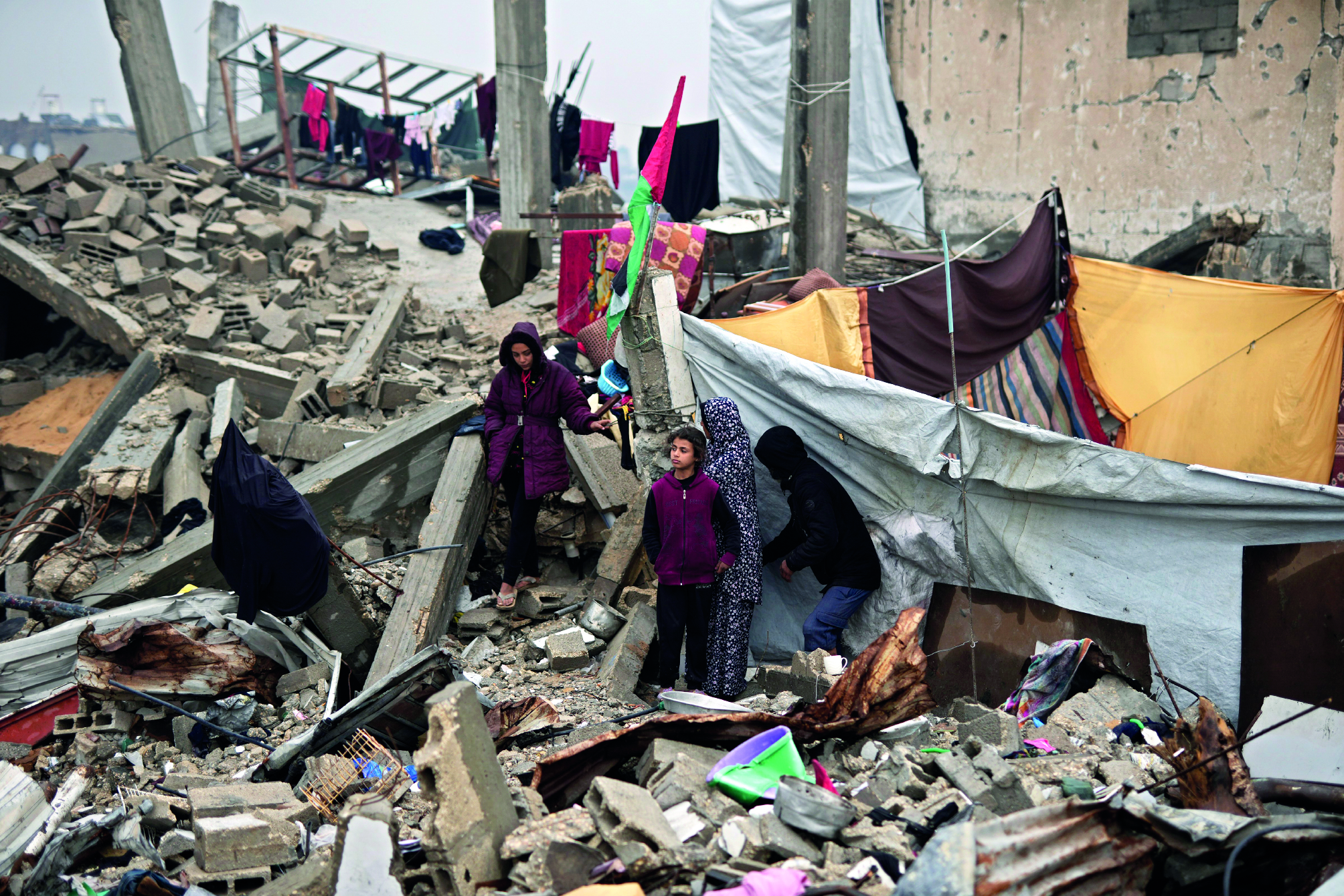Now, Israeli barriers and traffic making Palestinians’ life ‘hellish’

Ramallah: Abdullah Fauzi, a banker from the northern West Bank city of Nablus, leaves home at 4 a.m. to reach his job by 8, and he’s often late.
His commute used to take an hour — until Hamas’ attack on Israel on October 7, 2023, after which Israel launched its offensive in the Gaza Strip.
The Israeli military also ramped up raids against Palestinian militants in the northern West Bank, and diverted its residents through seven new checkpoints, doubling Fauzi’s time on the road.
Now it’s gotten worse.
Since the ceasefire in Gaza between Israel and Hamas took effect, Fauzi’s drive to the West Bank’s business and administrative hub, Ramallah, has become a convoluted, at least four-hour wiggle through steep lanes and farm roads as Israel further tightens the noose around Palestinian cities in measures it considers essential to guard against militant attacks. “You can fly to Paris while we’re not reaching our homes,” the 42-year-old said from the Atara checkpoint outside Ramallah last week, as Israeli soldiers searched scores of cars, one by one. “Whatever this is, they’ve planned it well,” he said. “It’s well-designed to make our life hell.”
As the truce between Israel and Hamas took hold on January 19, radical Israeli settlers — incensed over an apparent end to the war and the release of Palestinian prisoners in exchange for Israeli hostages — rampaged through West Bank towns, torching cars and homes.
Two days later, Israeli forces with drones and attack helicopters descended on the northern West Bank city of Jenin, long a centre of militant activity.
More checkpoints started going up between Palestinian cities, slicing up the occupied West Bank and creating choke points the Israeli army can shut off on a whim. Crossings that had been open 24/7 started closing during morning and evening rush hours, upturning the lives of hundreds of thousands of people. New barriers — earthen mounds, iron gates — multiplied, pushing Palestinian cars off well-paved roads and onto rutted paths through open fields. What was once a soldier’s glance and head tilt became international border-like inspections.
Israel says the measures are to prevent Hamas from opening a new front in the West Bank. But many experts suspect the crackdown has more to do with assuaging settler leaders like Bezalel Smotrich, the finance minister.



